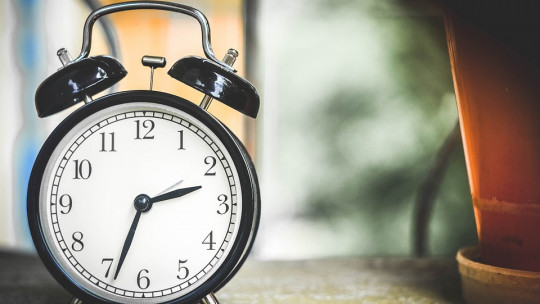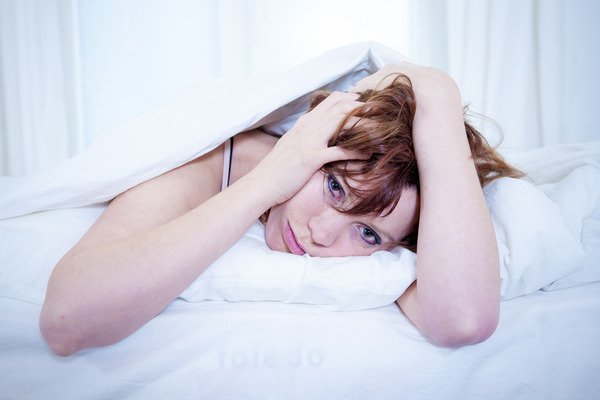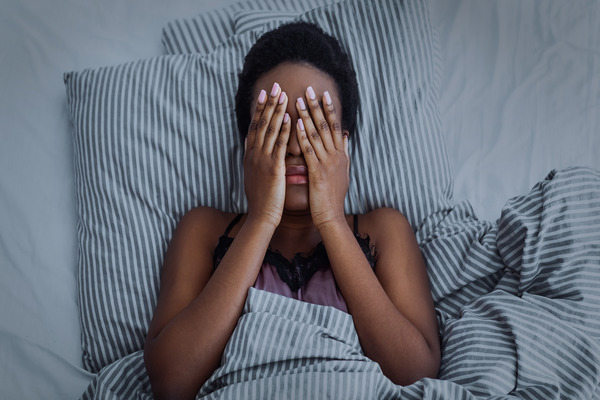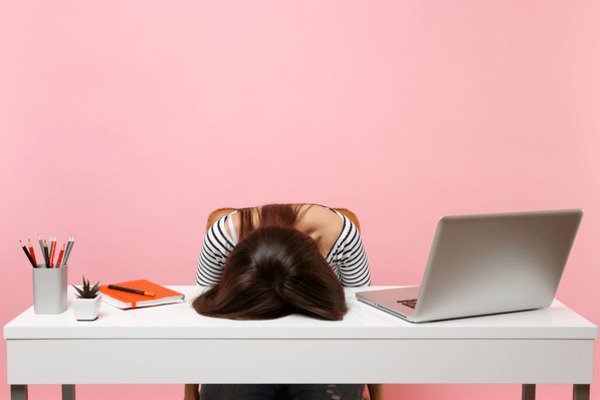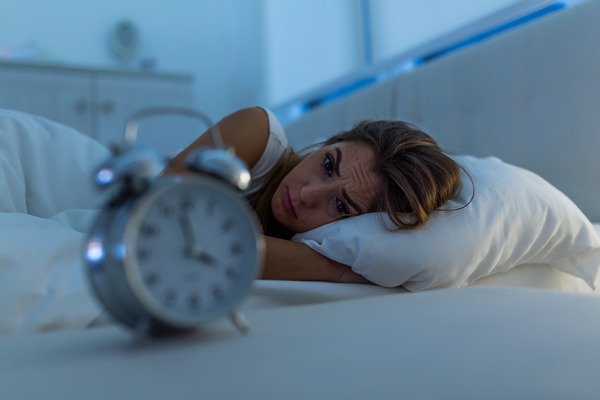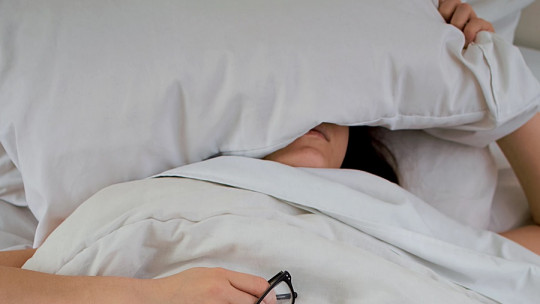
Sleeping is one of the greatest pleasures in life and that is why it is usually difficult to get up in the morning, especially when we have to get up early due to work or study.
Waking up has become a real nightmare for many people who, they say, are more nocturnal than daytime, but the world forces them to get up early.
If you are one of those people whose sheets stick in the morning and you find yourself sleepy throughout the day, this article may interest you. In it you will find several strategies to be able to change all this and know how to get used to getting up early so that you can take advantage of the day very early.
How to get used to getting up early?
Waking up is a very complicated task for many people, especially those who like to enjoy the night. Below you will find some good habits to achieve adequate sleep cycles, which will help you wake up early and enjoy the day.
1. Understand why it is difficult for you to get up early
Before starting to implement habits that contribute to good sleep hygiene, It is necessary to understand what makes it difficult for us to get up early.
It is important to see what habits in our lives have contributed to us going to sleep late or to the sheets exerting a powerful morning magnetism on us.
It is also interesting to understand why we want to wake up early in the morning, that is, what is the reason that forces us to get up early.
It may be that our work requires us to be awake early in the morning, but it is also possible that we want to make the most of the day.
Whatever the reason we have decided to get up earlier, we must be constant and always keep it in mind to help us. stay focused on our task to make getting up early a habit.
2. Advance bedtime
As we have already been saying, it is possible that one of the reasons why we find it difficult to get up the next day is that we have gone to sleep late. This fact is quite common and yet many people find it difficult to go to sleep at an appropriate time despite having responsibilities to attend to at an early hour the next day.
The human body needs between 6 and 9 hours of sleep, with around 8 being recommended. If you are one of those who goes to sleep at 2 in the morning every day, do not expect to be sleepy at 10 at night. The body has become accustomed to that time.
For this reason, and to avoid spending hours lying in bed without feeling sleepy, a good way to get the body used to going to sleep early is to advance bedtime. For example, returning to the case of people who go to sleep at 2, a good idea is to go to sleep the next day half an hour earlier, and so on until you reach a suitable time.
3. Get up at the same time
In the same way that you should go to bed at a good time, If we want to get up early it is necessary that we leave bed at the same time every day.
If we get used to getting up at the same time every day, there will come a time when we will not be able to stay asleep for much longer than the usual time. That is to say, if we have been getting up at 6 in the morning for two weeks, it will be strange the day we wake up at 8, given that our body will have already taken care of waking up earlier by simple routine.
Maintaining a routine regarding the time you wake up favors biorhythms to organize naturally.
If we are one of those who go to sleep early but still wake up late, a good idea is to advance the alarm time each day. It is recommended to advance it by about 15 minutes and, when you have become accustomed to that time, advance it again another 15 minutes until you reach the desired time.
4. Relax in the afternoons
It is very difficult to go to bed and sleep peacefully if you are not calm. To avoid having too much activation, it is advisable to start relaxing in the afternoon.
Practices such as yoga, reading a book or taking a bath can help get rid of the nervousness that the professional day or our own way of being can generate in us.
It is also advisable to turn off bright lights since this type of lighting affects the production of melatonin, a hormone that is behind circadian cycles and whose production contributes to falling asleep.
5. Plan the day the night before
In the morning it is difficult to think clearly, even if you have slept all the necessary hours. For this reason, The best thing before going to sleep is to decide what we will do the next day.
This not only prevents us from making bad decisions in the morning because we are not fully awake, but also keeping in mind everything that has to be done the next day can be an incentive for us to get out of bed quickly. time we woke up.
6. In the morning, let the light come in!
In the same way that strong lights are harmful if what we want is to get to sleep, the next day they become our friends, since they help us wake up.
As mentioned before, the light inhibits melatonin production, a substance that helps us sleep. If there is light, the less sleep we will have.
If you live in a home automation home, program the blinds to let in light early in the morning, or buy a smart lamp that activates at the desired time. In the market you can find devices that simulate sunrises that can transform having to get up early into something pleasant and pleasurable.
7. Get active when you wake up
Exercises that require a lot of energy, such as strength training or cycling, are ideal activities to do in the morning. They help to activate, help to wake us up and help maintain high levels of attention and concentration during the morning and afternoon.
Another reason why these types of activities are more advisable to do in the morning is that in the afternoon they can activate us too much and delay bedtime negatively affecting our sleep hygiene.
8. A good wake-up, a good breakfast
A varied and balanced breakfast can give us all the necessary energy to start the day in a good way.
If we have also planned the day before what we are going to have for breakfast in the morning, this may be reason enough for us to get up with enthusiasm.
But be careful with caffeine! Contrary to what many people think, drinking tea or coffee straight out of bed is not recommended. It is preferable to have a glass of water or even a juice. Caffeinated drinks are best taken two to three hours after waking up. The reason for this is that when we wake up, we naturally generate cortisol.
This hormone helps us become active, so if we add caffeine to this, we can become overexcited too soon and, later, generate a very high level of fatigue as a rebound effect.
9. Holidays are no excuse
On weekends and holidays it is not recommended to sleep more even if there are no obligations.
No matter how few days they may be, oversleeping one or two days a week can jeopardize the difficult sleep routine we are trying to achieve.
Weekend It is a very good time to focus on our hobbies. Read a book, take a walk, or try to organize the house.
10. Stay consistent
Obviously, to achieve our goals it is necessary for us to sacrifice. Going to bed early and waking up early the next day can become difficult to manage in the long term.
For this reason, we have to remain constant, avoid returning to old habits. If you know someone who is also interested in getting up earlier, you can mutually commit to achieving it together.

